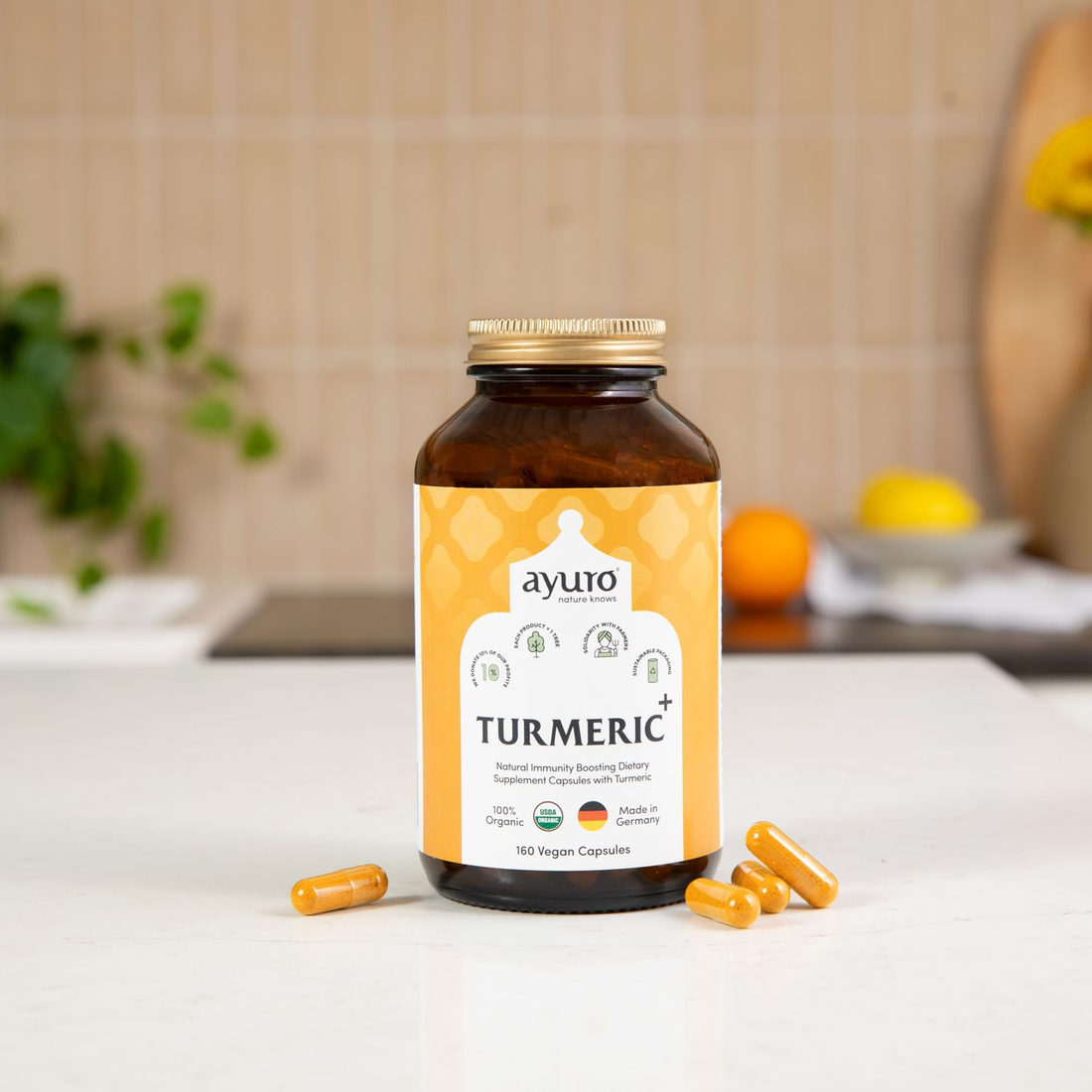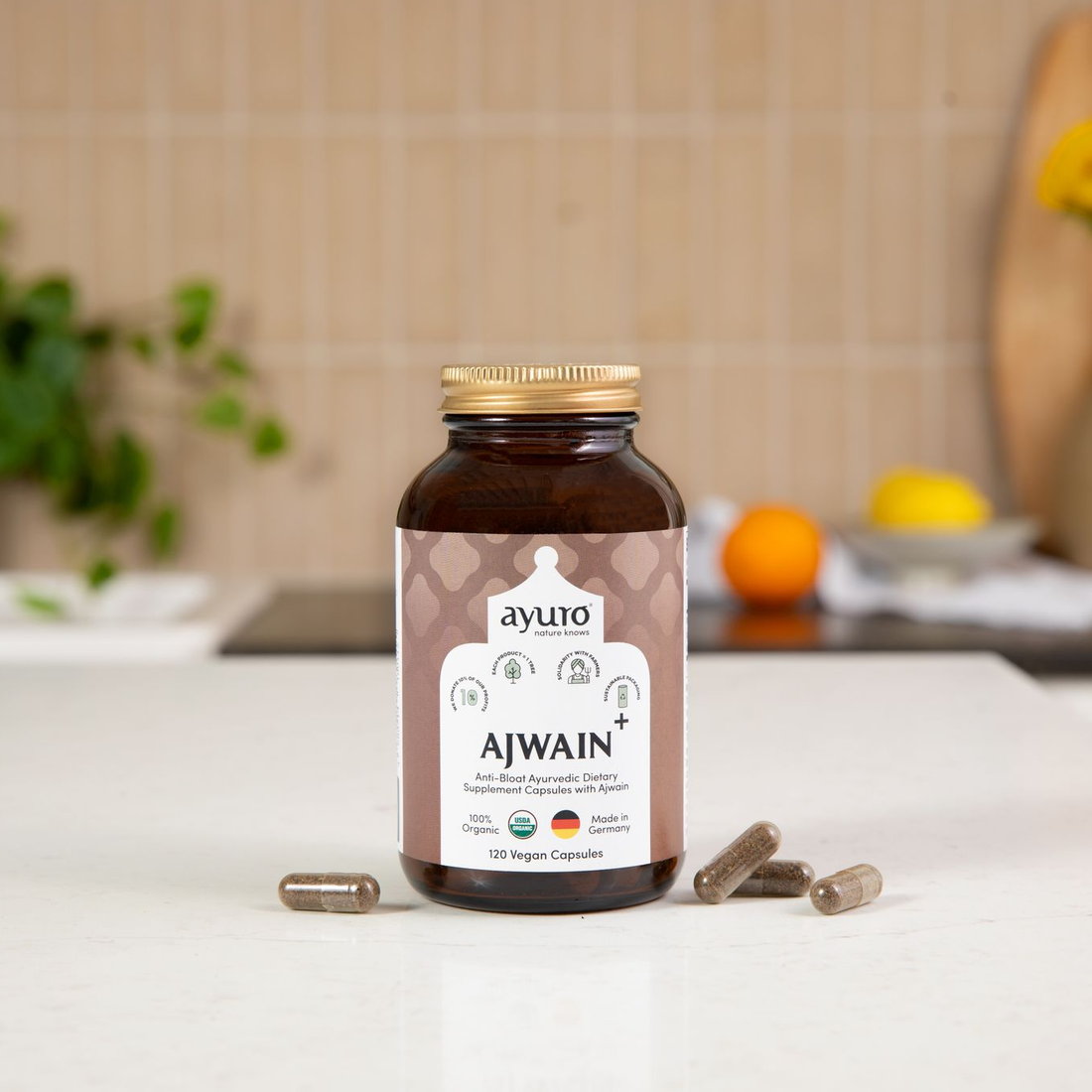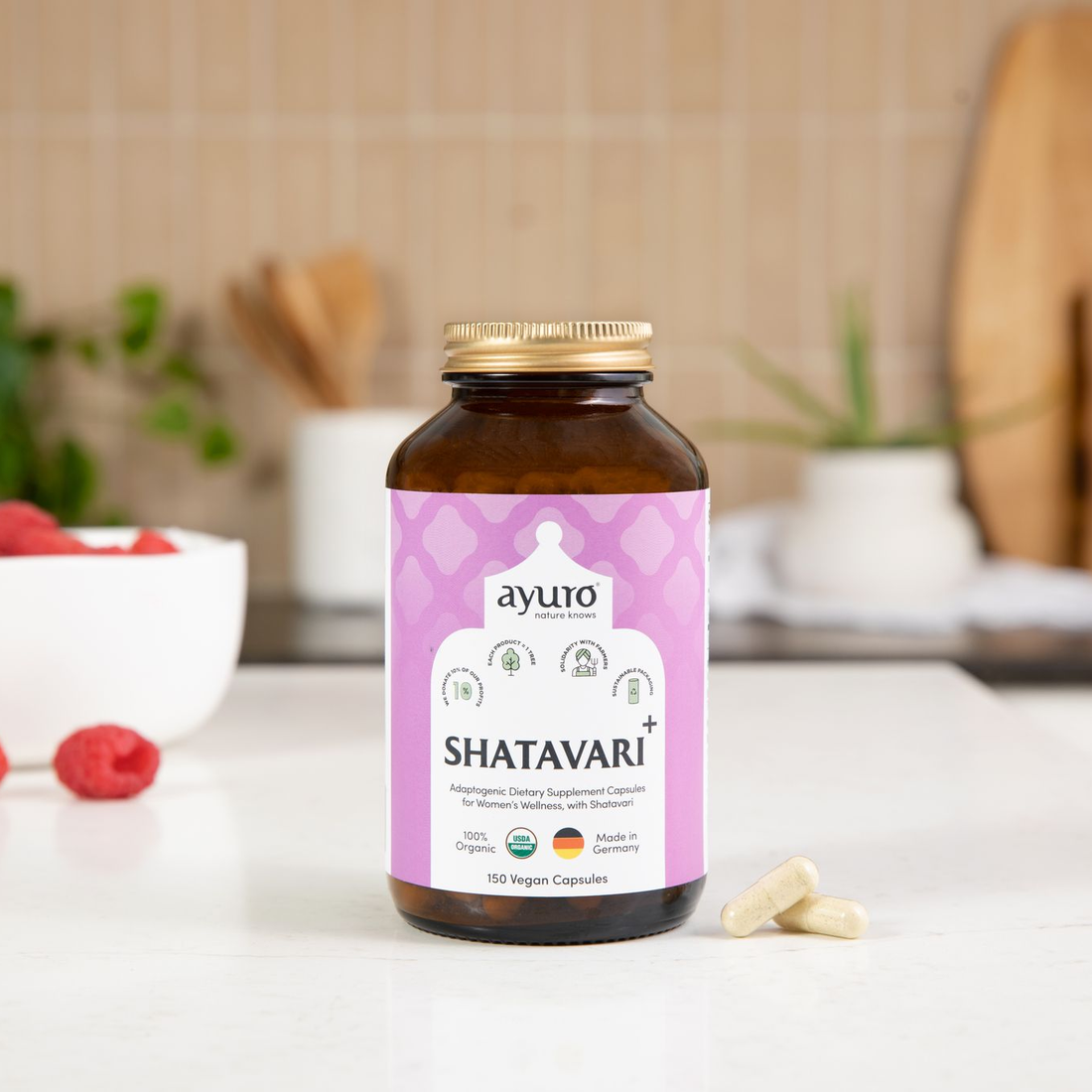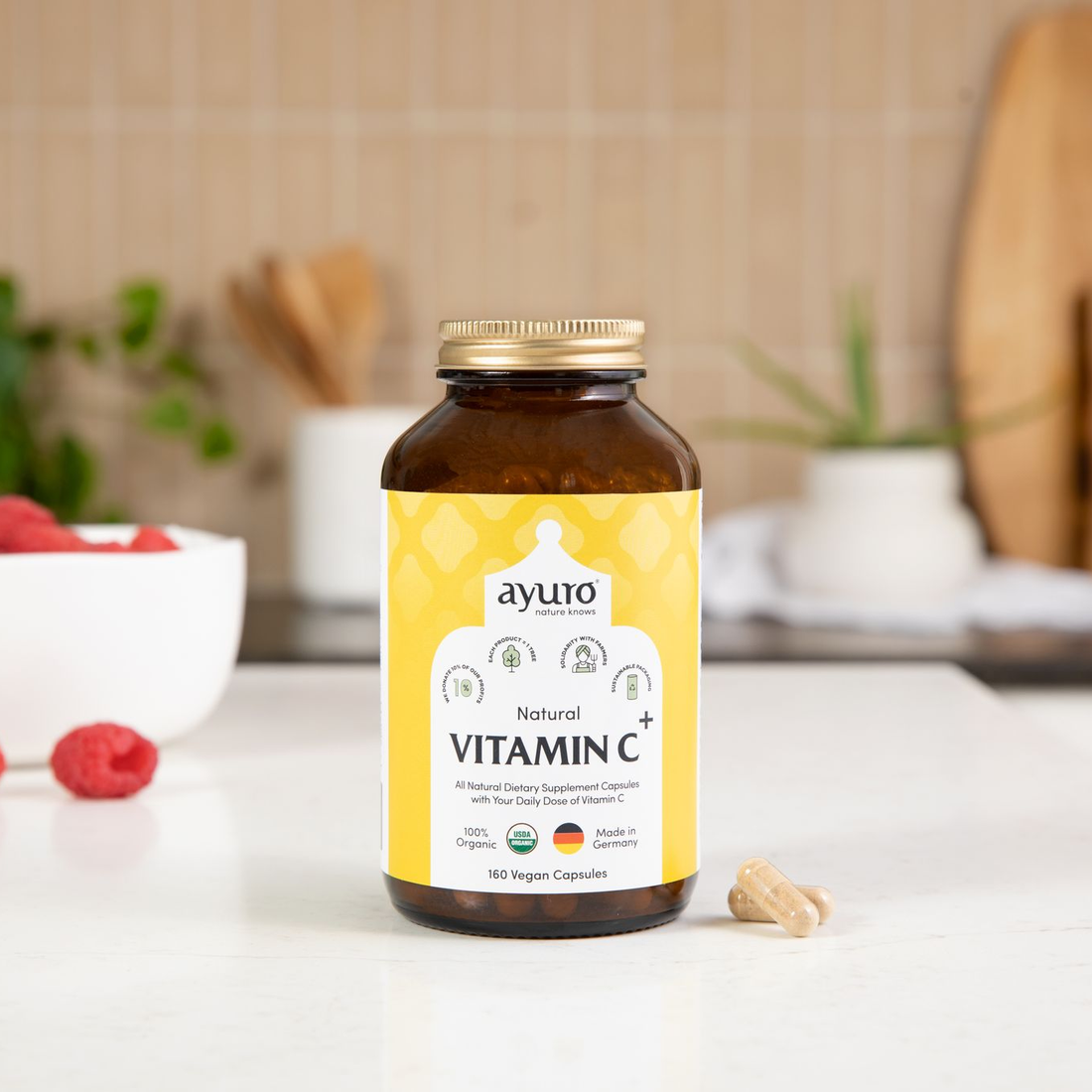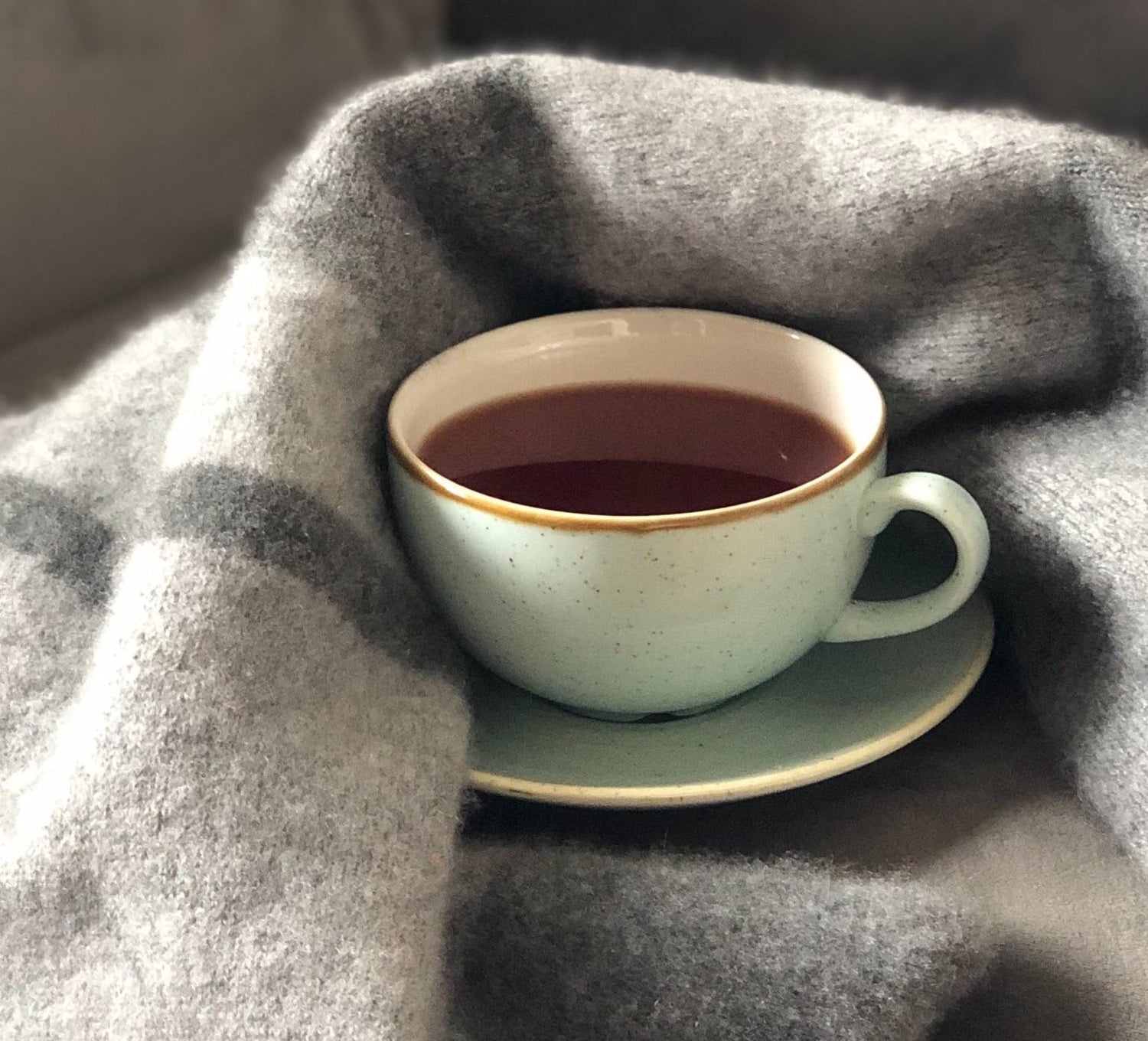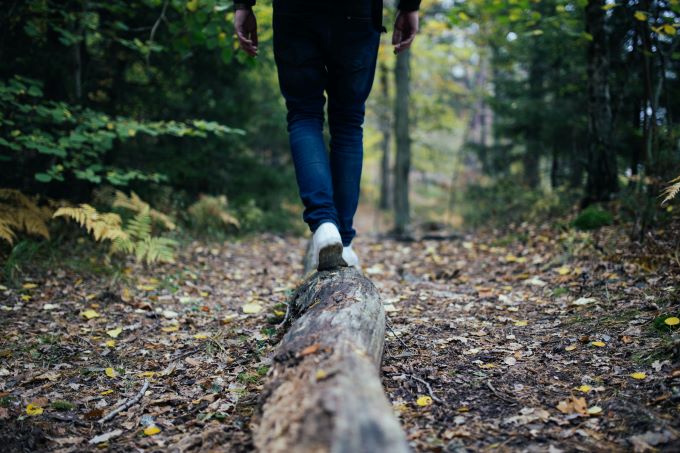In the wake of the global COVID-19 pandemic, we face an unexpected and challenging aftermath: post-COVID syndrome, also known as long COVID. As we navigate these uncharted waters, it becomes increasingly clear that the path to recovery can be complicated. For many people, the lingering symptoms and effects of COVID-19 continue to disrupt their lives long after the virus has left their bodies.
This blog defines post-COVID syndrome and explores natural healing methods to alleviate the symptoms and improve the quality of life for those affected by it.
Is Post-COVID Syndrome The Same As Long Haul COVID?
Yes, post-COVID syndrome is often used interchangeably with the term "Long Haul COVID," and affected people are known as long haulers. Both terms refer to a condition in which people experience symptoms and health issues for weeks or months after the acute phase of a coronavirus infection has resolved.
This blog focuses on recognizing and alleviating the ongoing health issues experienced by people who have officially recovered from COVID-19 but are still struggling.
Post-COVID Syndrome/Long COVID Symptoms
A simple definition of Long COVID is various symptoms that persist longer than three months after an initial COVID-19 infection. There is no link between Long COVID and the initial infection's severity. Post-COVID Syndrome affects both hospitalized and non-hospitalized patients.
The specific symptoms and the duration of long haul COVID or post-COVID syndrome can vary widely from person to person, but some of the common symptoms are fatigue, shortness of breath, brain fog, and joint pain. Other symptoms may include:
-
Tinnitus or earache.
-
Heart palpitations, tightness, or chest pain.
-
Dizziness and vertigo.
-
Pins and needles.
-
Digestive problems like nausea, stomach pain, diarrhea, and appetite loss.
-
Skin rashes.
-
Brain fog, memory, and concentration problems.
-
Mental health problems, including anxiety and depression.
-
Fatigue and insomnia.
-
Changes in the menstrual cycle.
What Causes Long COVID?

Since COVID-19 is the new kid on the viral infection block, research into the condition is limited. There are many theories behind the cause of post-COVID syndrome/long COVID, but no clear-cut answers. We know it is wide-ranging and complex and affects multiple body systems. New research has suggested that these post-COVID conditions and factors may contribute to Long COVID development:
Viral persistence - The virus that causes COVID-19 may linger in the body at low levels, triggering an ongoing immune response and systemic inflammation, contributing to lasting symptoms in people who've recovered from COVID-19.
Immune dysregulation - Long COVID symptoms may result from your immune function being overworked over time. A prolonged or abnormal immune response can damage organs and tissues and cause ongoing symptoms.
Autoimmunity - Some research suggests that long COVID symptoms may result from the immune system targeting the body's organs and tissues mistakenly.
Microvascular damage - Some COVID patients experience long-term damage to their circulatory system and small blood vessels, restricting blood flow and contributing to post-COVID syndrome.
Neurological factors - Since neurological symptoms like brain fog, memory, and concentration problems are common in long COVID, it's possible that the virus or the person's compromised immunity can affect the nervous system.
Underlying health problems - People with health conditions like autoimmune disorders are at an increased risk of long COVID. These health problems may interact with the virus, leading to prolonged symptoms.
Psychological and behavioral factors - The stress and trauma associated with viral infections, especially something as new and initially terrifying as COVID-19, can play a role in someone developing long COVID.
What About Autonomic Nervous System Dysfunction?
Researchers have discovered that Coronavirus disease can cause the autonomic nervous system (ANS) to stop functioning correctly. If you've heard this term, you may wonder what it is and if it can cause long Covid.
The ANS controls various bodily functions like breathing, heart rate, and blood pressure. It comprises two different nervous systems, one that takes care of "fight or flight" and another that controls "rest and digest" processes. Ordinarily, these two work together synergistically and in balance.
However, this balance may be disturbed in people with long COVID, who may experience symptoms like heart palpitations, problems breathing, blood pressure fluctuations, exercise intolerance, and headaches. Whether the person experienced a mild or acute infection initially makes no difference. Even patients who have had a mild case of COVID-19 can develop considerable autonomic nervous system dysfunction.
Natural Healing Methods for Post-COVID/Long COVID
Although there is no official cure for long COVID, integrative medicine has successfully treated post-viral fatigue for years. Making lifestyle decisions based on integrative health practices can help Long Covid patients cope better with their symptoms and find healing and balance. You can incorporate these methods into your treatment plan:
#1. Eat a balanced diet with anti-inflammatory properties

A diet high in foods that will help return inflammation to normal levels after a COVID infection can help combat the symptoms of long COVID. Here are some tips:
-
Eat oily fish, rich in omega 3.
-
Too much omega 6 is inflammatory. Avoid grain-fed meat and choose grass-fed meat instead. It has a more balanced omega 3 to omega 6 ratio.
-
Spice up your food with turmeric and ginger to help dampen the inflammatory response.
-
Load up on antioxidant-rich fruits and veggies like blueberries, broccoli, and spinach to help combat oxidative stress brought on by inflammation.
-
Choose whole grains like oats, brown rice, and wholegrain bread.
-
Add nuts and seeds to your daily meals and smoothies.
-
Avoid or reduce fried foods, sugary drinks, processed foods, and cured meats.
#2. Boost your antioxidant intake
Increasing your antioxidant intake can be a valuable strategy in your journey to heal from long COVID. Antioxidants in foods like berries, leafy greens, nuts, and green tea help combat oxidative stress, often associated with lingering symptoms of long COVID.
These potent compounds can support your body in its recovery. They can reduce cell damage, enhance overall health, slow aging, boost immunity, and reduce the risk of chronic illness.
#3. Look after your gut health

One of the most integral aspects of holistic health is gut health. Research has proven that specific foods can affect the gut microbiome, contributing to lingering symptoms of COVID-19 and causing inflammation, further compromising your health journey.
Eating abundant fresh fruit, veggies, and fermented foods like live yogurt, kimchi, sauerkraut, and kefir promotes a healthy gut microbiome. If you've received any antibiotics due to COVID-19 complications, talk to your healthcare provider about taking a probiotic supplement to promote healthy gut microbiota growth.
#4. Get enough sleep
Sleep is crucial for recovery. While you are asleep, your body rests and repairs itself. This is especially important after you've had COVID-19 or another infection that's disrupted your sleep patterns. If you struggle to sleep, it's time to look after your sleep hygiene to create a sleep-conducive environment. Here's how:
-
Go to sleep and wake up at around the same time every day.
-
Create a relaxing bedtime routine by including calming activities like meditating, reading a book, or relaxing in a warm bath.
-
Keep your sleep environment comfortable, dark, and relatively cool.
-
Avoid stimulants and heavy meals before bedtime.
-
Avoid screens like phones or tablets for at least an hour before bedtime - the blue light can interfere with your sleep/wake cycle.
-
Exercise regularly, but avoid workouts close to bedtime.
-
Get some sun outside! Sunlight can help regulate your circadian rhythm and improve sleep quality.
If you still struggle with sleeping, talk to your healthcare provider. Enough sleep is essential for general health, especially for long haulers struggling with post-COVID syndrome.
#5. Tackle your stress levels
Stress can significantly impact the recovery process for people dealing with long COVID. It can hinder the healing process by lowering immunity, making it more challenging for the body to fight off the lingering effects of COVID-19.
Additionally, stress can intensify common long COVID symptoms like fatigue and insomnia, shortness of breath, cognitive issues, and mental health challenges. Managing stress is crucial if you are on the road to long COVID recovery.
Although avoiding stress altogether is impossible, there are ways to make it more manageable. Join a yoga class, start a meditation practice, or consider using supplements like adaptogens to help your body deal with the stress response. AYURO Ashwagandha+ is an excellent option. Read our blog for more helpful information about dealing with anxiety and stress.
#6. Boost your immune system
It's unknown how long the antibody response to COVID-19 lasts, so it's vital for long haulers to strengthen their immunity against future infection. Boost your immune system with an anti-inflammatory diet and key vitamin and mineral supplements. Vitamin D, C, A, B6, B12, and folate are vital nutrients for immunity. Mineral supplements needed are zinc, copper, iron, and selenium.
You may get most of these nutrients from high-quality food sources. Still, to ensure optimal nutrient levels, you should take high-quality, natural dietary supplements. Read our blog to find out what makes natural Vitamin C better than the synthetic version of it. You can order 100% natural and organic AYURO Vitamin C+ here, or better yet, the AYURO Immunity Bundle, which includes three supplements needed to boost your immunity.
#7. Assess your pre-COVID-19 health decisions
While looking forward to improved health while you work on recovering from the long-term symptoms of COVID-19 is essential, it's also crucial to look back at your pre-COVID-19 lifestyle choices. There may be other underlying reasons for your lingering symptoms.
If, for example, you have been stressed for a long time, haven't had healthy eating habits, lead a sedentary lifestyle, or followed a restricted diet, it may have contributed to your lasting symptoms. Whether you're a long hauler or not, long-term lifestyle improvements are essential for everyone.
Healing And Balance Is Forever

A holistic approach with alternative treatments can boost your general health and help combat the symptoms of post-COVID syndrome. As it was fighting the virus, your body's nutritional needs will have been amplified, making it more challenging to heal from the infection. Even after we put away our masks and begin to heal, it's crucial to make it a lifestyle decison.
For optimal healing, balance, and longevity, embrace a healthy lifestyle in which you feed your mind, body, and spirit with everything it needs. Keep reading the AYURO blog for more tips and valuable information to achieve this through healthy lifestyle choices and premium quality health supplements.



